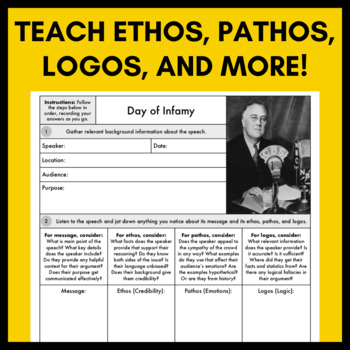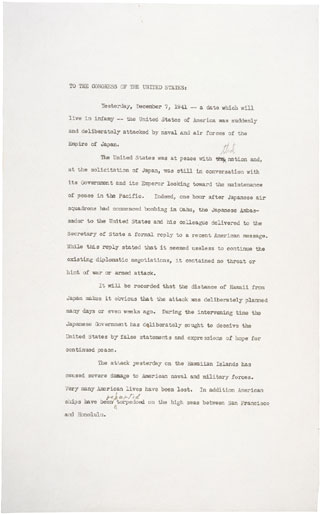
He acknowledged the predicament FDR was in, with regards to the isolationist mentality of U.S. The British Ambassador to the United States noted that Roosevelt believed Hitler’s expansion and ideology to be a threat. 11įDR’s attitude toward Nazi Germany and Hitler was well articulated. 10 The only of pro-interventionist sentiment was that if Britain fell to Nazi Germany, in which case sixty-two percent acknowledged intervention would be necessary. Britain and France were in danger and also involved nonetheless eighty-one percent of Americans were against involvement. 8 I specifically stated, “…when one of three Contracting Parties is attacked by a power at present not involved in the European War…” 9 The United Sates fell into this category. 7 Nazi Germany, Italy, and Japan signed a Tripartite Treaty on September 27, 1940, declaring that if one country was a victim of aggression the others would be called to arms on the side of that victimized country. Hitler had already conquered Austria, parts of Czechoslovakia, and Poland, and was on a path of ultimate conquest in an attempt to emulate the Roman Empire. Almost unanimously, historians target Pearl Harbor as the event leading to U.S intervention into World War II. The conquests which occurred in Europe are also essential to understanding the importance of Pearl Harbor. 6 Not only did American’s feel as if a European conflict was not their problem, but the Great Depression left Americans with enough to deal with within their own nation. President Wilson’s broken promise of neutrality in regards to the conflict in Europe caused immense distrust between the American public and their government, influencing the World War I generation to resist another foreign war. The massive casualties of the First World War made Americans isolationist. 5 Whichever viewpoint one chooses, an understanding of the events directly after World War I are essential. Other historians and conspiracy theorists perceive FDR as a Fascist or master of deceit. Some historians and experts view FDR as a martyr who faced the obstacle of the isolationist attitude of America in order to save Europe. The common denominator to both components of this theory is the idea of FDR’s deception of the American public, by both his possible knowledge and provocation in order to obtain entry into war by means of Pearl Harbor. National Archives.ĭid FDR provoke the Japanese into an act of aggression so as to lead American’s willingly into intervention in Europe? This question, based on knowledge and provocation, has caused numerous debates focusing on the events prior to Pearl Harbor. Roosevelt delivers the 'Day of Infamy' speech to a joint session of Congress on December 8, 1941. An in-depth analysis of FDR’s actions and motives leading up to the “day of infamy,” has also been under a microscope in hopes of revealing a manipulated entry into World War II. The question of his knowledge prior to the attack has lead to extensive research by the Naval Intelligence in the 1940s, specifically in decoding. The question regarding FDR’s prior knowledge of Pearl Harbor is complex due to the numerous questions that formulate it. 3 The House of Representatives acknowledged the will of the American people with their applause and cheers, leading to a declaration of war on Japan.įDR’s passion was evident by the finale of his speech and how could his excitement be contained? According to historians such as Richard Hill and Robert Stinnett, war had been FDR’s desire, and “… the Japanese assault was the event they had long feared, the ‘incident’ that would allow Roosevelt to drag an unwilling country into war.” 4 And today, the suggestion that President Roosevelt deceived the public in order to enter the war in Europe is supported by government-documented evidence. He called for war with hopes of “victory” and “triumph.” 2 His direct and solid tone quickly ascended into a fervent promise to secure American lives from the “treachery” of Pearl Harbor.



1 Franklin Delano Roosevelt spoke firmly and directly on Decemof a Japanese “premeditated” attack on American soil. “Yesterday, December 7th, 1941 - a date which will live in infamy…” is one of the most recognized speeches in United States history.


 0 kommentar(er)
0 kommentar(er)
